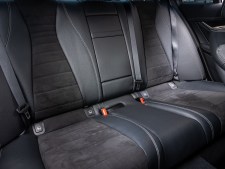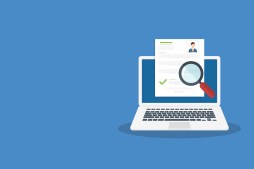Efficient Driving Techniques: How to Improve Your Fuel Economy
In today’s world, where fuel prices seem to constantly be on the rise, improving your fuel economy has become more important than ever. Not only does it save you money at the pump, but it also helps reduce your carbon footprint. Fortunately, there are several tips and techniques you can implement to improve your fuel economy and drive more efficiently. In this article, we will explore some of these techniques and provide practical advice on how to maximize your vehicle’s fuel efficiency.
Maintain Your Vehicle Properly
One of the simplest yet most effective ways to improve your fuel economy is by properly maintaining your vehicle. Regular maintenance tasks such as oil changes, air filter replacements, and tire rotations can go a long way in optimizing your car’s performance and fuel efficiency.

Firstly, make sure you change your engine oil at regular intervals as recommended by the manufacturer. Fresh oil reduces friction within the engine components, allowing it to run smoothly and efficiently. Additionally, replacing dirty or clogged air filters ensures that your engine receives a sufficient amount of clean air for combustion.
Another crucial aspect is maintaining proper tire pressure. Underinflated tires create more rolling resistance, which leads to decreased fuel efficiency. Check your tire pressure regularly using a reliable gauge and inflate them to the recommended level specified in the owner’s manual.
Drive Smoothly and Avoid Rapid Acceleration
Your driving style plays a significant role in determining how much fuel your vehicle consumes. Aggressive driving habits such as rapid acceleration and hard braking not only put unnecessary strain on various components of your car but also guzzle up more fuel.
To improve your fuel economy, practice smooth acceleration by gradually pressing down on the gas pedal rather than stomping on it. Similarly, when coming to a stop or slowing down, try coasting instead of hitting the brakes abruptly whenever possible.
Maintaining a consistent speed is another key strategy for maximizing fuel efficiency. Avoid unnecessary speeding up and slowing down, as each time you accelerate, your vehicle uses more fuel to regain momentum. Utilize cruise control on highways to maintain a steady speed and reduce fuel consumption.
Reduce Excessive Idling
While it may seem convenient to let your engine idle while waiting for someone or at a traffic light, excessive idling can significantly reduce your fuel economy. Idling for more than a minute consumes more fuel than restarting the engine.
If you anticipate being stationary for more than a minute, consider turning off your engine. However, keep in mind that frequent restarting can also put strain on the starter motor and battery, so use this technique judiciously.
Lighten Your Load
Carrying unnecessary weight in your vehicle can have a negative impact on its fuel economy. The heavier your car is, the harder the engine has to work to move it, resulting in increased fuel consumption.
Take some time to declutter your car and remove any items that you don’t need for your journey. Roof racks and cargo carriers also create aerodynamic drag, which reduces fuel efficiency. If not in use, remove them to improve your vehicle’s aerodynamics.
In conclusion, improving your fuel economy is not rocket science but rather a combination of simple techniques that anyone can implement. By maintaining your vehicle properly, driving smoothly and avoiding rapid acceleration, reducing excessive idling time, and lightening your load when possible, you can significantly increase your car’s efficiency and save money at the pump while contributing to a greener environment. Start implementing these tips today and enjoy the benefits of improved fuel economy.
This text was generated using a large language model, and select text has been reviewed and moderated for purposes such as readability.











